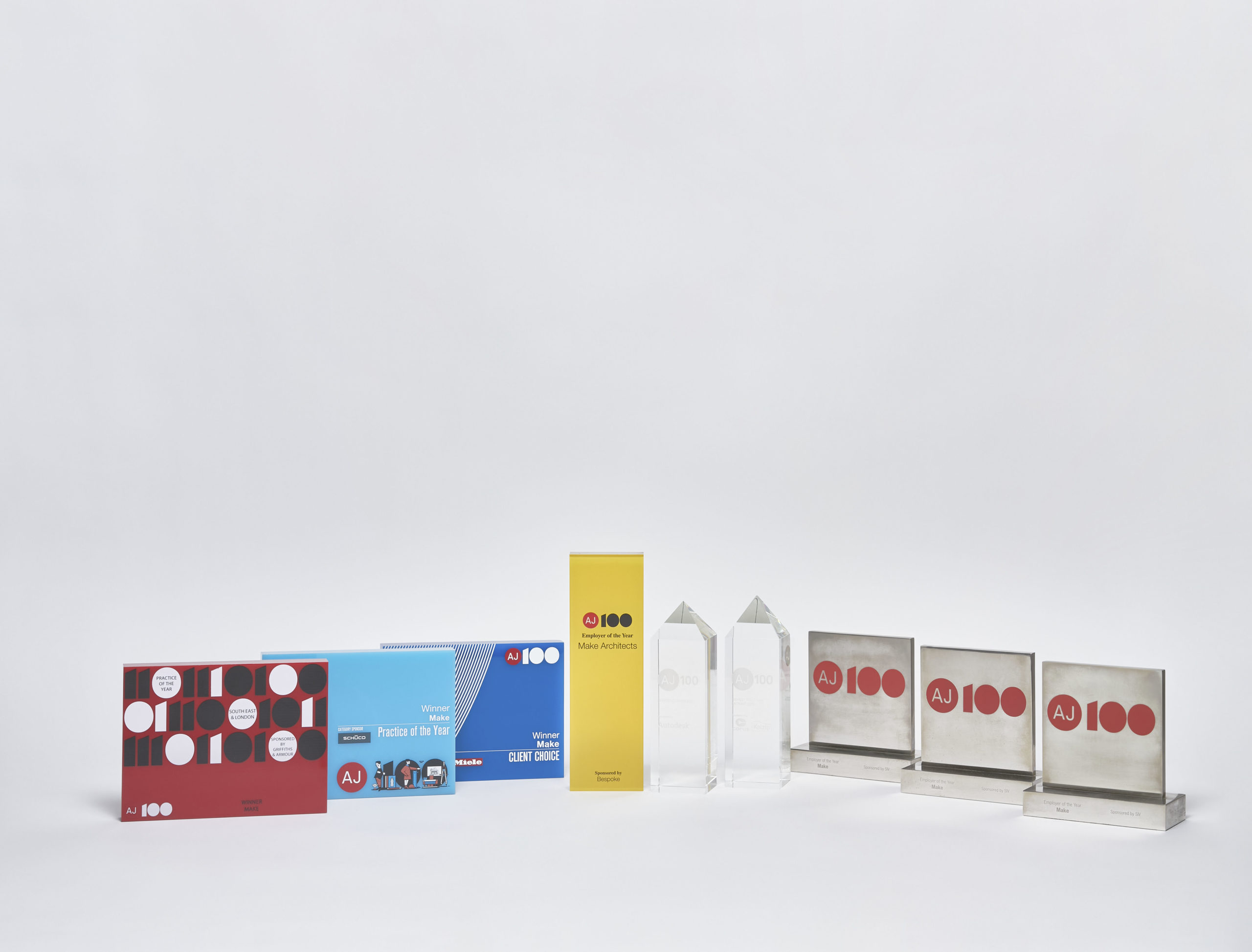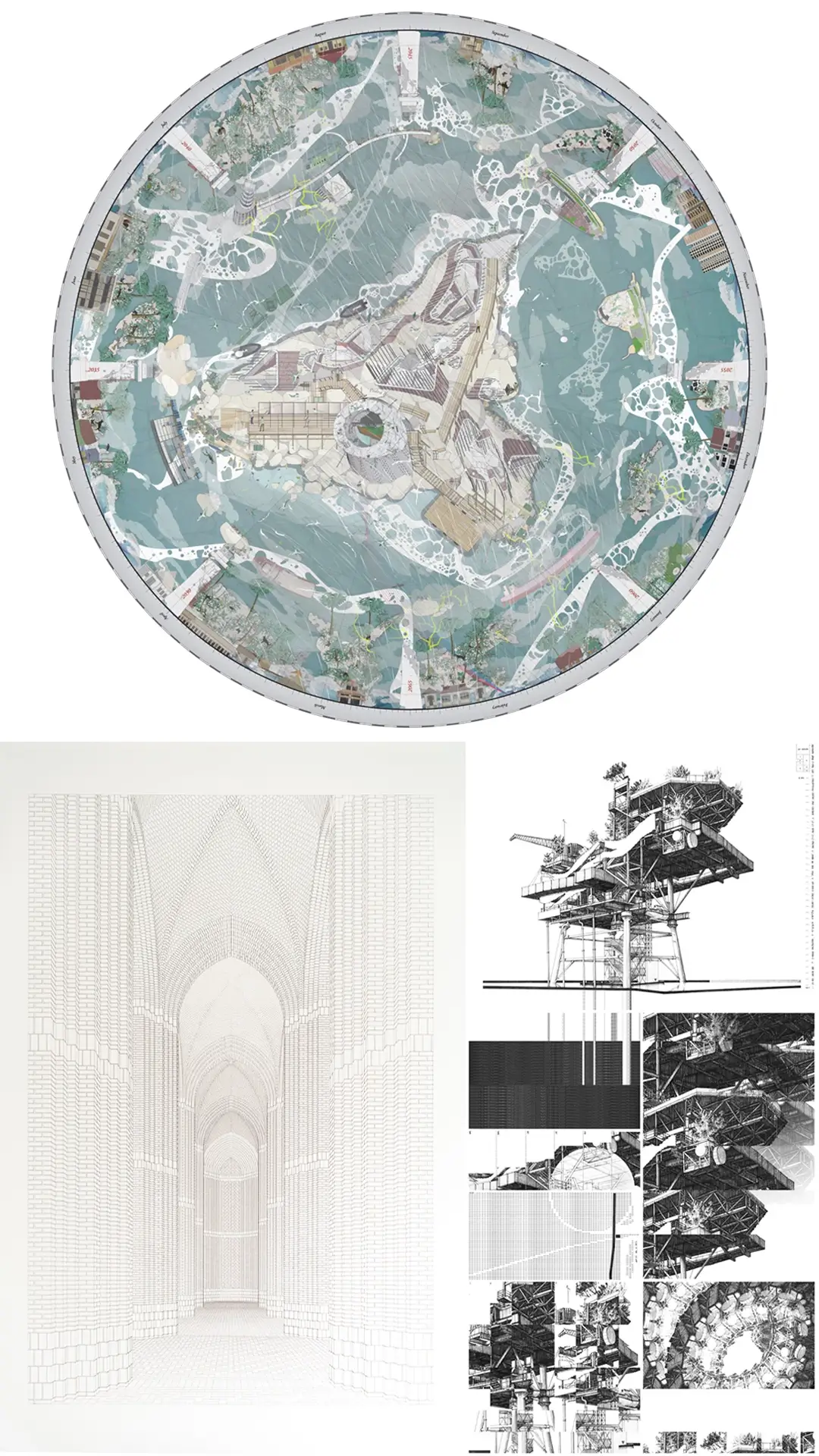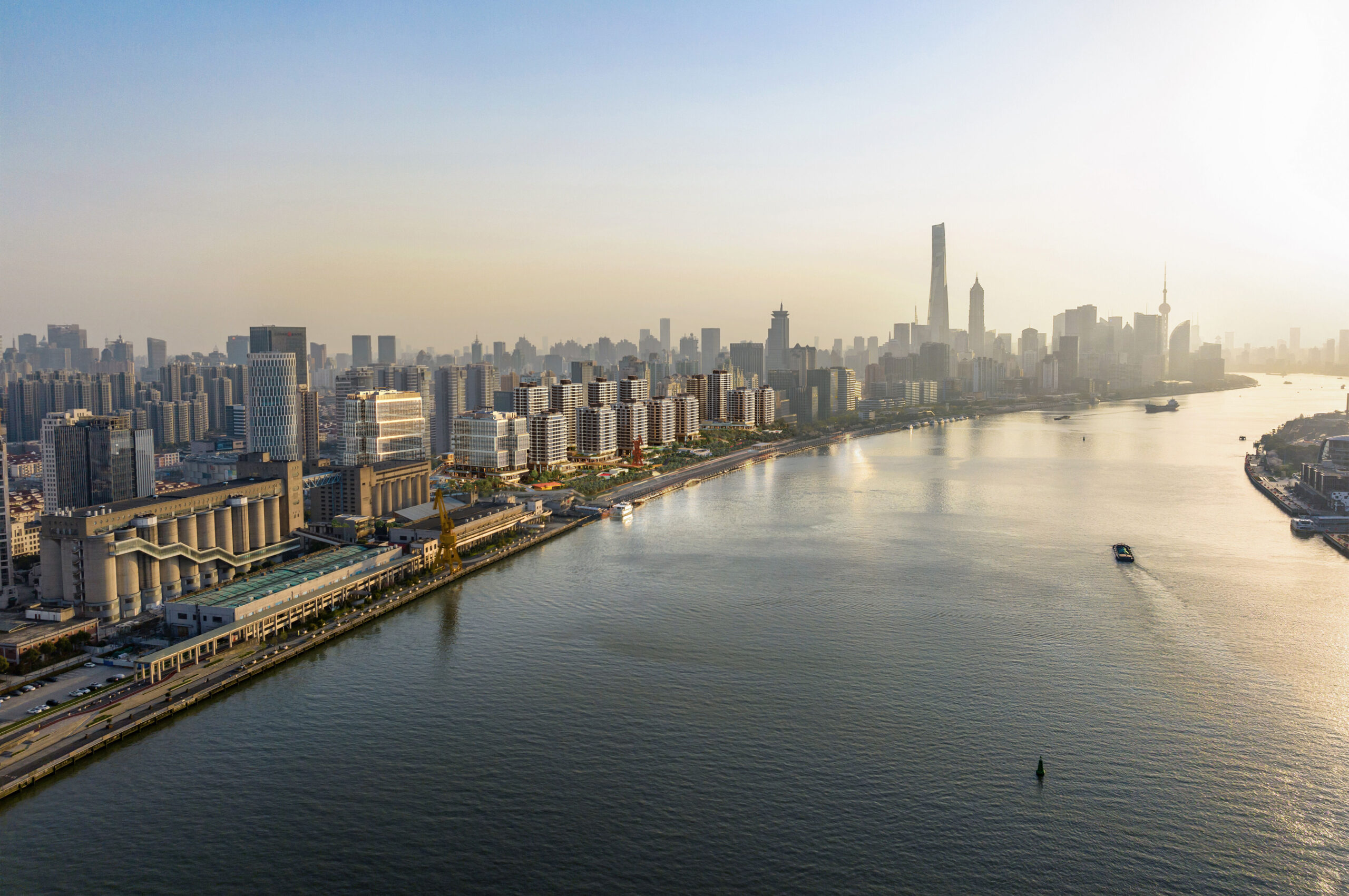
According to Daniel Geey, an associate with Field Fisher Waterhouse, who specialises in football and the law, the immediate effect of the legislation has been a slowing of spending. “There’s no doubt that the trend from the summer window was that less money was spent by the top clubs,” he says. “That was a demonstration of their understanding of the constraints that they have to live within.”
Yet the Premier League depends on bringing the world’s best and most marketable players to its clubs, and new challenges are emerging: Shanghai Shenhua of the Chinese Super League have lured Nicolas Anelka from Chelsea on wages of £175,000 per week, for example. Another Chinese club, Dalian Aerbin, have offered Didier Drogba a three-year deal worth £30 million. Russian side Anzhi Makhachkala are paying Samuel Eto’o £17.5 million a season. “These are new and unpredictable markets,” Geey adds.
For the 14 or so less successful Premier League clubs, the battle is one for survival whilst running a business in which player wages regularly account for 70 per cent of turnover. “Clubs are not run in a normal business fashion,” says Brendan Guilfoyle, one of England’s leading insolvency practitioners, who has run administrations at football clubs Crystal Palace, Leeds United and Luton Town. “And if you do try and run them in the normal fashion then you are reviled by either the industry or the fans. If you are living within your means, you are probably nearer the bottom of the league than the top. I don’t see that changing.”
Key to the riches that the Premier League distributes are the revenues generated by the sale of its television rights. “Google and Apple might potentially get involved in the bidding for rights,” says Daniel Geey, “and the more competition, the greater likelihood that rights fees will increase. You have a very popular league and a broadcaster like Sky willing to pay vast amounts.”
Currently the Premier League operates a collective bargaining agreement that distributes the fees between its member clubs. But could the top sides ever negotiate individually? “Individual selling would probably only benefit the top six sides,” says Geey. “The Premier League constitution states that in order for a resolution to pass, you need 14 out of the 20 clubs to agree.”
Perhaps we might instead see a Premier League Mark II for smaller clubs currently striving for membership. Or even a wider European Super League? “Back in 1991, I’m not sure anyone would have believed that the Premier League clubs would have essentially kept all of their money earned under the auspices of [governing body] the FA without distributing it downwards,” Geey adds. “Never underestimate the power people have to do things.”
The power of the finances remains dependent on the quality of the product. Jonathan Wilson is a leading football writer and expert on tactical developments in the sport. “There’s a constant energy to it that other leagues still lack,” he says. “But it has changed. If you looked 10 years ago you would have seen big players like Patrick Vieira or Roy Keane in midfield. Now, the change in the offside law has, in effect, made the pitch bigger, so smaller players like Luca Modric at Spurs and David Silva at Manchester City can flourish.”
Wilson also identifies the importance of clubs developing their own talent. He cites Spanish club FC Barcelona as an example of how players that compete alongside one another for many years can improve radically. Football may be a short-term business, but long-term investment in players really pays off.
And what of the people at the sharp end? The fans who pay handsomely for tickets and TV subscriptions? Interestingly, the two most popular football books in the UK’s Christmas market were The End, a compilation of articles from the fanzines of the 1980s, and Got, Not Got, a book of football nostalgia stories.
“The book ends with a list of 250 things that have gone missing from the game that we want the FA to reinstate,” says Derek Hammond, author of the latter. “Clearly that’s a joke, but there’s a serious side. All football fans know in their hearts that the changes since the 1980s have gone too far in one direction and that it’s all money-related. It has affected the whole greater football culture.”
It’s a salient reminder that amongst all of the grand plans, it is the fans who will ultimately decide the future direction of the game.
Article originally appeared in Play magazine.
























































































































































































































































































